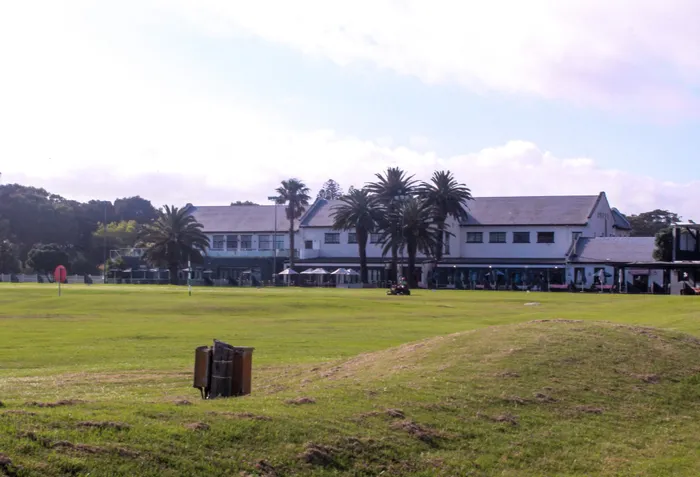Advisory panel to decide on River Club’s future

The proposed development, if approved, would take place at The River Club driving range.
The final decision on whether a sprawling development happens on the site of Observatory’s River Club could rest with mayor Dan Plato.
The Observatory Civic Association (OCA), Two Rivers Urban Park Association (TRUPA), Ndifuna Ukwazi and Goringhaicona Khoi Khoin Indigenous Traditional Council have lodged appeals against a zoning decision that would clear the way for the R4.5 billion mixed-use development over an area the size of 15 rugby fields.
Earlier this year, the Department of Environmental Affairs and Development Planning (DEADP) gave the plan by the Liesbeek Leisure Properties Trust (LLPT) the environmental green light.
Then in September the municipal planning tribunal (MPT) approved the rezoning of the land from open space 3 to a sub-divisional area overlay zone, and it gave 19 reasons for doing so, including that the development was in line with the City’s densification policy and would create jobs.
However, the OCA’s chairman, Leslie London, believes the planning tribunal got it wrong.
“The MPT have misunderstood how the national and global significance of the site require them to have independent expertise to judge the impacts.
They can’t simply rely on the consultants employed by the developers as they have done.”
It’s now up to the City’s planning appeals advisory panel (PAAP) to decide whether the planning tribunal’s decision should stand.
The appeals panel would expose itself to a high court review if it allowed the “flawed” decision to stand, Mr London said.
“They need to reverse the decision,” he said.
Ndifuna Ukwazi attorney Jonty Cogger said the site was culturally sensitive and further public scrutiny of the development plan was needed.
The developer in trying to placate indigenous groups had instead caused divisions among them, he said.
Tauriq Jenkins, high commissioner of the Goringhaicona Khoi Khoin Indigenous Council, has spoken out against the development while Chief Zenzile Khoisan of the Gorinhaiqua Cultural Council is in favour of it. Jody Aufrichtig, from LLPT, said they had done everything by the book.
“The project will provide a range of socio-economic benefits to the people of Cape Town and the province including 5 239 critical construction jobs; addressing the injustices of apartheid spatial planning through the provision of developer-subsidised inclusionary housing; providing safe, recreational spaces for enjoyment by surrounding communities,” he said.
City spokesman Luthando Tyhalibongo said after considering all submissions, the planning appeals panel would make a recommendation to the mayor for a final decision as he was the “final appeals authority in terms of the City of Cape Town’s Municipal Planning By-law”.
The development could not go ahead without all the necessary approvals, Mr Tyhalibongo said.